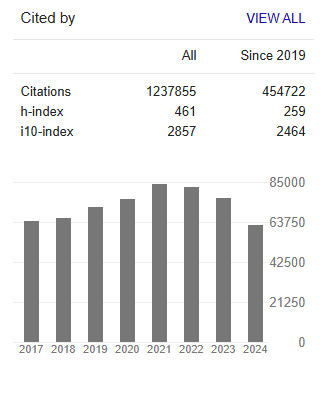Positive Association of Mutations in VKORC1 and CYP2C9 Genes with Venous Thrombo-Embolism (VTE) in Indian Population: A Case Control Study
Abstract
Babita Kumari, Iti Garg, Chhavi Rai, Usha Panjawani, Bhuvnesh Kumar and Swati Srivastava
Background: Venous thrombo-embolism (VTE) refers to a blood clot that starts in vein. It is the third most common vascular disease in the world, after myocardial infarction (MI) and stroke, affecting millions of individuals every year. Two main clinical manifestations of VTE include deep vein thrombosis (DVT) and pulmonary embolism (PE), the later one being potentially fatal. Objective: The aim of this study is to investigate whether mutations in two genes VKORC1 and CYP2C9 and subsequent changes in their plasma levels can be used to predict the risk for venous thromboembolism (VTE).
Method: A total of five polymorphisms in two genes VKORC1 and CYP2C9 were genotyped in approximately 145 VTE patients and 229 control subjects. The genotyping was done through PCR-RFLP method. Plasma concentrations of VKORC1 and CYP2C9 were estimated using ELISA technique.
Results: Genotypic analysis of common polymorphisms in VKORC1 gene showed significantly higher percentage of GG genotype of -1639G>A, CC genotype of 1173 C>T and TT genotype of -497T>G polymorphism in control subjects compared to VTE patients. Also, significantly higher percentage of CC genotype in 416C>T and AA genotype in 1061 A>C polymorphism of CYP2C9*2 and CYP2C9*3 genes respectively was observed in VTE patients in comparison to healthy controls. In addition to genotypic significance, plasma concentrations of both VKORC1 and CYP2C9 were significantly higher in patients group.
Conclusion: All the three polymorphisms in VKORC1 gene; -1639G>A, 1173 C>T and -497T>G and two polymorphism 416C>T and 1061A>C of CYP2C9 gene showed significant association with VTE pathophysiology.




